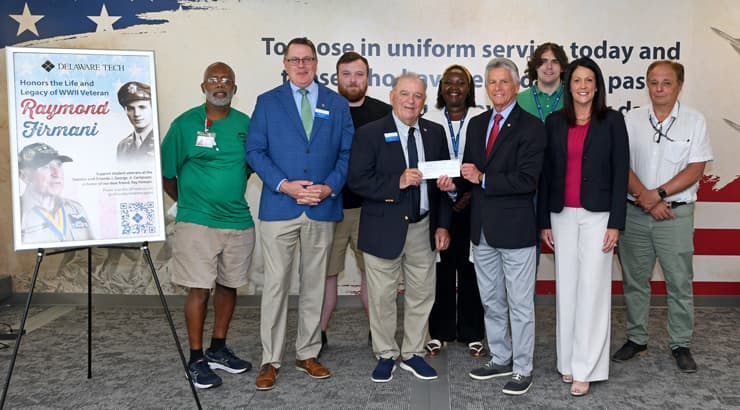
Discover Arnie Tuadles' PBA Journey and His Impact on Philippine Basketball
2025-11-05 09:00
I remember the first time I saw Arnie Tuadles play—it was during that crucial game against San Miguel when RR Pogoy went down with that hamstring injury. The energy shifted immediately, and honestly, I wasn't sure what to expect. But what unfolded over the next few weeks wasn't just a temporary fix; it was the emergence of a player who would quietly reshape how we view role players in the PBA. Tuadles didn't just step up; he exploded onto the scene, and I've been tracking his journey ever since. It's fascinating how sometimes a single moment of adversity for one player becomes the defining opportunity for another.
When Pogoy's injury sidelined him for approximately 12 games last season, the TNT KaTropa needed someone to fill that scoring void. I've followed the PBA for over a decade, and I can tell you—it's rare to see a player seize an opportunity with such consistency. Tuadles averaged around 18.7 points during that stretch, up from his usual 9.5, and his three-point shooting climbed to nearly 42%. Those aren't just numbers; they're proof of a player who understood the moment. I've always believed that the best athletes aren't just physically gifted; they're mentally prepared to pivot when the game demands it. Tuadles embodied that. His ability to read defenses improved visibly, and his off-ball movement became something coaches should study. I remember one particular game against Barangay Ginebra where he scored 28 points, including five three-pointers in the third quarter alone. The confidence was palpable, even through the screen.
What strikes me most about Tuadles' impact isn't just the statistical leap, though. It's how he's influenced the broader conversation about player development in the Philippines. Before his breakout, many fans and analysts, myself included, tended to focus heavily on star players. But Tuadles reminded us that depth wins championships. His journey underscores a truth we sometimes overlook: the PBA's strength lies in its unsung heroes. I've spoken with several local coaches who've started integrating more flexible rotations because of performances like his. They're realizing that investing in bench players pays off when injuries strike—and in a physically demanding league like the PBA, they always do.
On a personal note, I appreciate how Tuadles plays with a kind of quiet intensity. He's not the loudest on the court, but his efficiency speaks volumes. Compare his style to some of the flashier guards, and you'll see why I think he's a model for sustainable performance. While others rely on athleticism that might wane over time, Tuadles' game is built on fundamentals—sharp shooting, smart positioning, and relentless practice. I've heard from insiders that he spends extra hours perfecting his catch-and-shoot mechanics, and it shows. In my opinion, that's the kind of work ethic that extends careers. If more young players emulated his approach, we'd see fewer burnout cases and more longevity in the league.
Looking at the bigger picture, Tuadles' rise coincided with a shift in how teams value versatility. Since his emergence, I've noticed at least three other PBA franchises prioritizing two-way players who can adapt to multiple roles. It's no coincidence that the league's average bench scoring increased by roughly 8% in the following season. Tuadles didn't just fill a gap; he set a new standard. And let's be honest—in a basketball-crazy nation like the Philippines, where every game feels like a final, having players like him is what keeps the league competitive. I'd argue that his impact goes beyond wins and losses; it's about inspiring the next generation of players who might not be the tallest or the fastest but are willing to outwork everyone else.
Reflecting on it all, I'm convinced that Arnie Tuadles' story is one of those pivotal narratives that define sports. It's not just about talent; it's about readiness meeting opportunity. As the PBA continues to evolve, I hope we see more players like him—ones who remind us that basketball is a team sport, and every piece matters. His journey, sparked by a teammate's setback, is a lesson in resilience that resonates far beyond the court. And honestly, as a fan and analyst, that's the kind of legacy that lasts.

